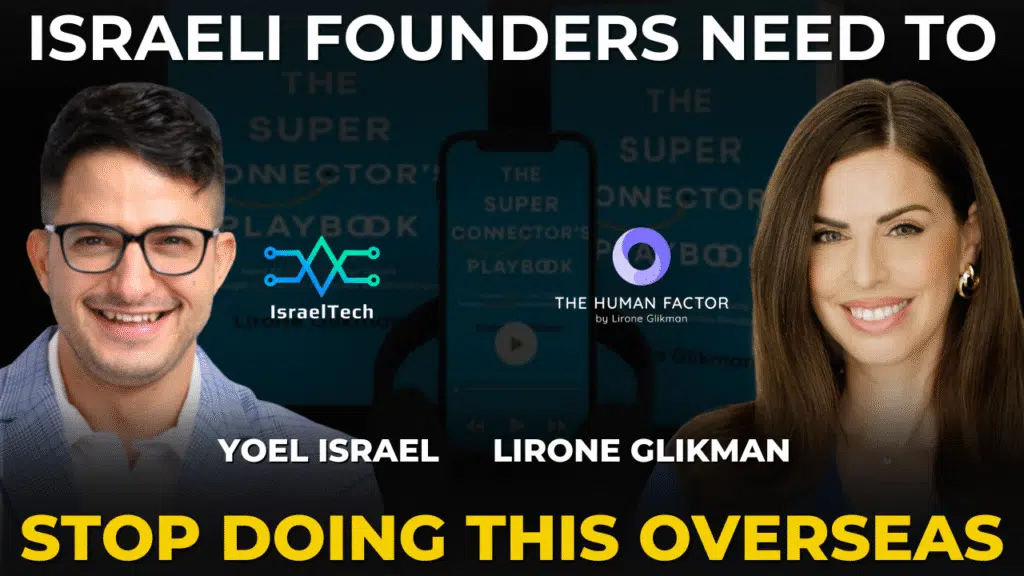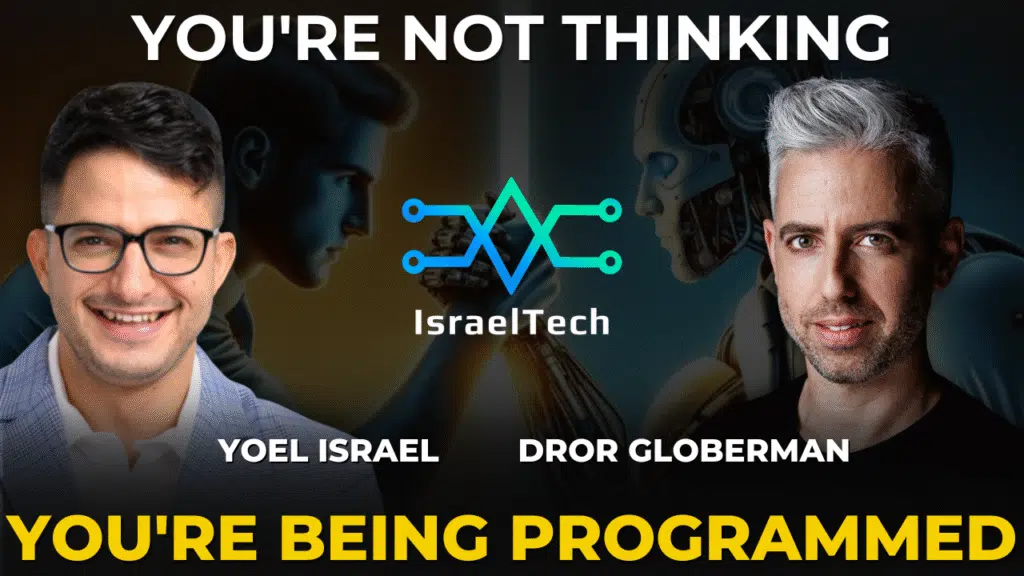When Rona Segev co-founded TLV Partners a decade ago, the Israeli VC landscape was a different place – less collaborative, more transactional. Today, she’s part of a new wave of investors reshaping early-stage tech in Israel with a refreshingly human-first approach. In an in-depth conversation with Yoel Israel of IsraelTech, Rona shared her journey from young founder to leading investor, her thoughts on quantum computing and AI, and her philosophy on building companies and lives that don’t fit into anyone else’s expectations.
Aligning Interests Starts with People
TLV Partners was born out of a simple but radical idea: venture capital should work for founders. At the time, Rona and her co-founder Eitan Bek wanted to build a fund that would specialize in seed-stage infrastructure startups – but also one that put ego aside.
“We wanted a fund that would align interests with founders,” Rona said. “It sounds obvious, but 10 years ago that wasn’t the norm. Many founders were spending too much energy negotiating with VCs instead of building their companies.”
That characteristic – leaving ego outside the room and focusing on shared goals – still defines the firm today. It’s also a filter. TLV Partners is selective not just about startups, but about people. “We look for people we’ll enjoy working with. If it clicks, we’re in for the long haul. Seven or eight years, maybe more.”
What TLV Partners Looks for in a First Check
Unlike many firms that wait for traction, TLV Partners makes a point of leading first-round investments. “PowerPoint is enough,” Rona says. “We don’t need a prototype. We invest in people and ideas.”
That doesn’t mean any idea will do. Rona is allergic to sameness.
“It’s hard for me to invest in a company doing exactly what 20 others are doing. I’m looking for the spark – something different, creative, visionary. It has to be interesting.”
Their approach seems to work: the firm has a 95% success rate of portfolio companies moving from seed to Series A.
Why Culture Still Beats Strategy
According to Rona, one of the firm’s strengths is its defined personality – a culture that resonates with a particular type of entrepreneur.
“Our founders tend to have shared traits,” she said. “When LPs come to our annual meetings, they always note the distinct vibe compared to other funds. That’s intentional. We encourage entrepreneurs to do due diligence on us, just like we do on them.”
That culture-first approach also explains why TLV’s community remains tightly knit across multiple funds and cohorts. It’s not just about capital. It’s about trust and alignment from the start.
From Game Developer to Tech CEO
Rona’s journey into entrepreneurship wasn’t planned. At 24, she stumbled into founding a gaming company after a friend from Hebrew University introduced her to 3D graphics. They raised $200,000, built a game, and pivoted several times before selling the company. At one point, she flew to the U.S. in a panic to secure a publishing deal and came back with $1 million.
She wasn’t a gamer. She had no business background. She never finished her degree.
“I was passionate, but also constantly panicked,” she admits. “Looking back, I started too young. It was a hard three years.”
Still, the experience paved the way for her VC career. And it shaped her views on education, work, and self-imposed limits.
Education ≠ Learning
Despite her success, Rona doesn’t hold a college degree, a fact that often surprises people. She’s not anti-education, but she’s clear-eyed about its limits.
“You can learn a subject faster and more deeply through interactive content or real-world experience,” she said. “Especially if you’re wired like me – I have ADHD. The last 10% of a degree, where you’re just trying to finish the coursework, was unbearable.”
That said, she believes that in deep tech fields like AI and quantum computing, a strong foundation in math is still critical – particularly for those who want to contribute meaningfully to innovation, not just use the tools.
Quantum & AI: A Tectonic Shift
Rona sits on the board of Quantum Machines, a company she invested in before most VCs took quantum seriously.
“At the time, other investors told me I was crazy,” she said. “But it’s our job to do things that seem crazy.”
Her bet has paid off. Quantum Machines is now a high-revenue company. More importantly, the intersection of AI and quantum computing is starting to accelerate both fields.
“Training AI models is fundamentally an optimization problem. Quantum computers are uniquely good at solving those,” she explained. “At the same time, AI is being used to solve quantum’s biggest hurdle – error correction.”
This mutual acceleration loop between AI and quantum could soon make today’s infrastructure feel medieval. And Rona believes the Israeli ecosystem is well-positioned to contribute meaningfully to that shift.
The End of the App as We Know It
Rona’s vision of the future of cloud infrastructure is equally radical. As generative AI continues to evolve, she predicts a fundamental shift away from monolithic applications toward ephemeral, personalized services.
“Why build 100 features when users only use 5%? In the future, AI agents will create applications on demand, based on each user’s needs,” she said. “That means everything changes – how we manage, secure, and scale infrastructure. Entire layers of the stack will need to be rebuilt.”
Advice for First-Time Founders
Asked what advice she’d give someone before they even raise their first round, Rona didn’t hesitate:
“Focus. Simplicity. Don’t hide behind buzzwords. And work with people you trust and enjoy. If you don’t enjoy working with your co-founders or your investors, it won’t work.”
She emphasized that startups are long, hard journeys. Having the right people around you, professionally and personally, makes all the difference.
Final Word
Rona Segev doesn’t talk like a typical VC. She talks like someone who’s been through it. She’s lived the chaos of early-stage startups, questioned conventional paths, and bet on ideas that others dismissed. And she’s built a fund that reflects those values – human, focused, and quietly contrarian.
At TLV Partners, it’s not just about writing checks. It’s about backing people who are building the future- on their own terms.
Interested in more insights about Israeli startups expanding globally? Follow IsraelTech for exclusive interviews, deep dives, and expert perspectives.




